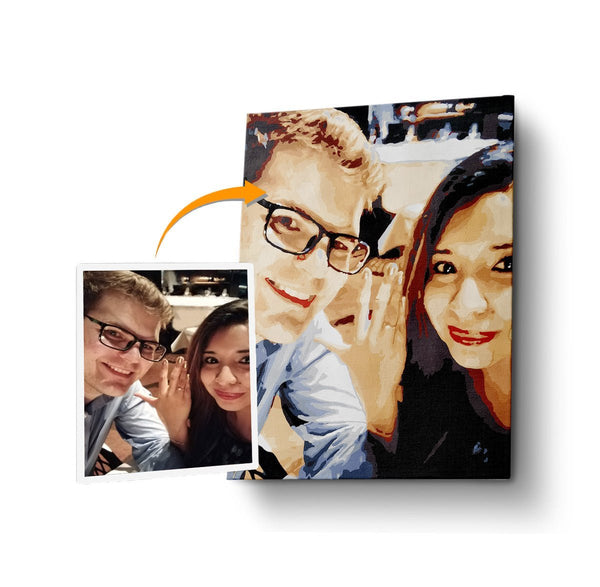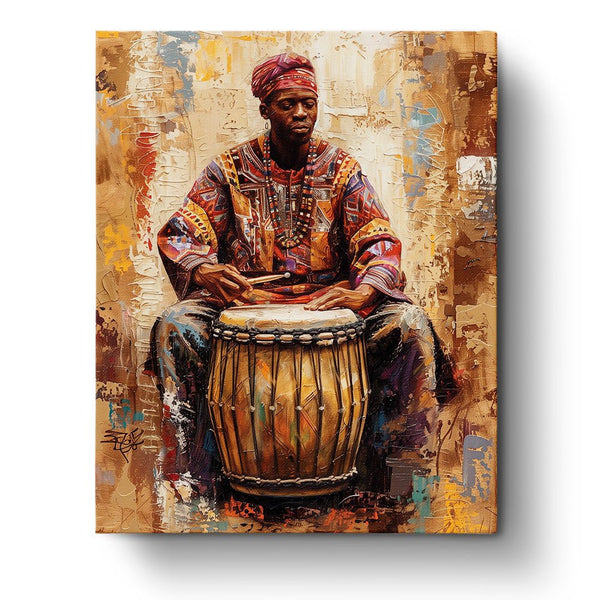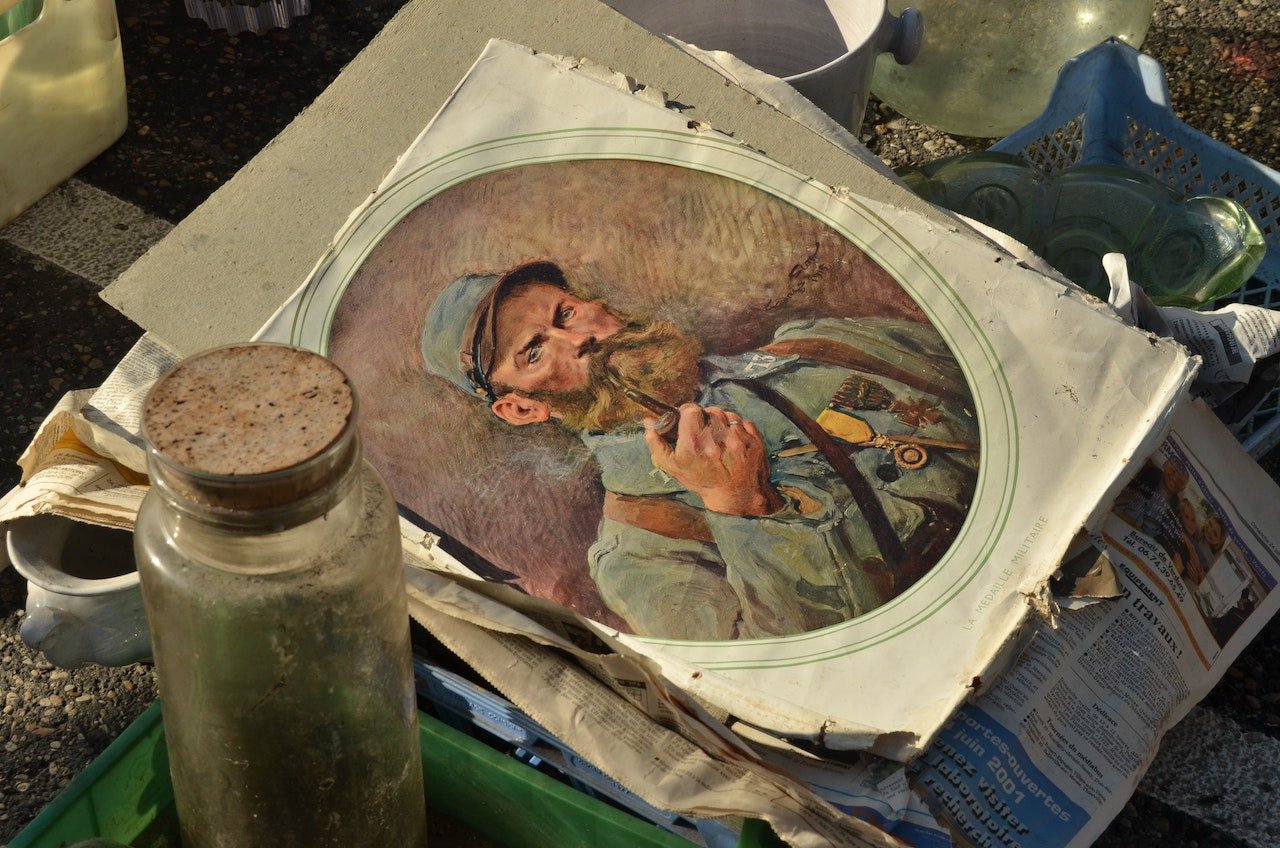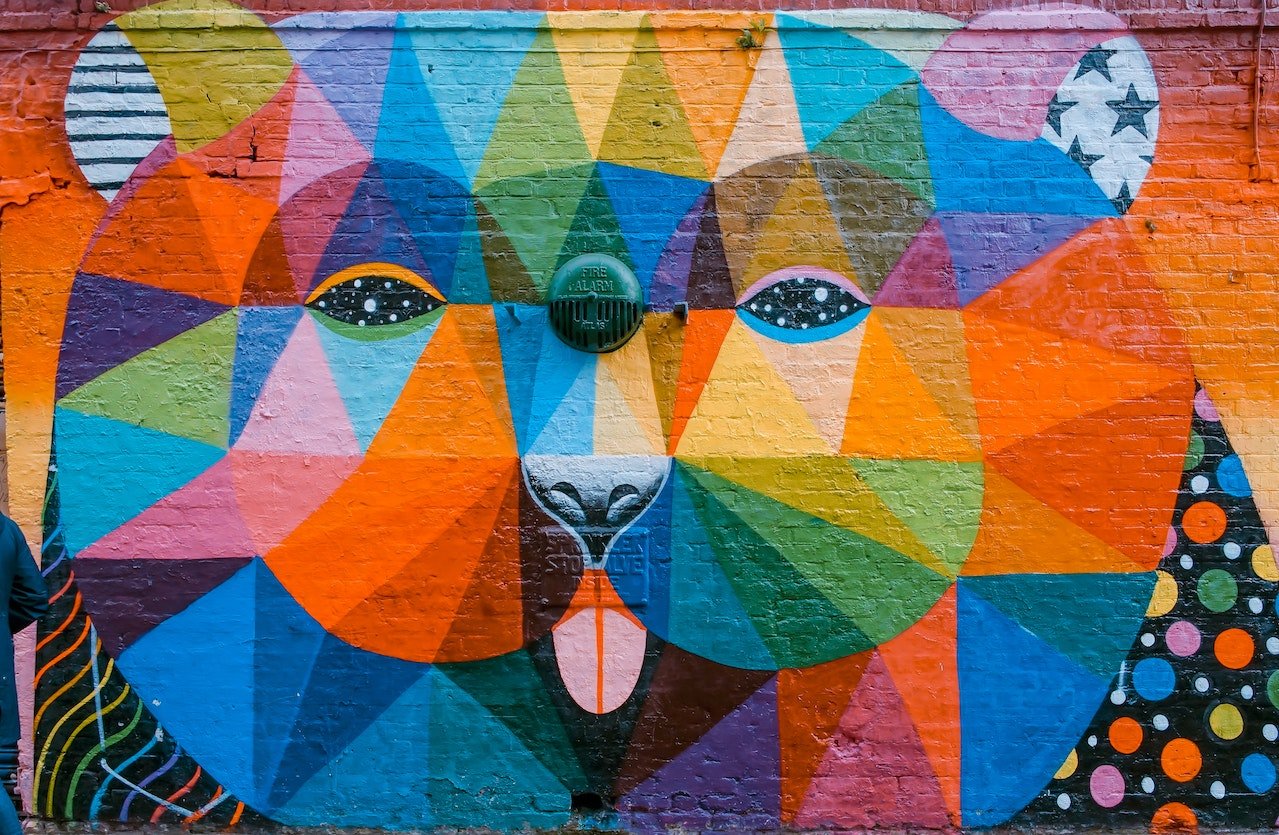
Recommended Art Jobs if You Want a Career in the Art Industry
We know it's been a long time since your last art job, but you're finally ready to pursue another career. You've done some freelance work and even landed a couple of contracts, but you've never been able to settle into a full-time position. Now that things are looking up, though, there may be an opening at one of these companies that would fit your skill set perfectly.

Is it Worth it to Pursue a Career in the Art Industry?
The answer is yes. The art industry is one of the fastest-growing fields, and there are plenty of jobs available for people who want to work in it. If you like being creative and enjoy working independently, this might be an exciting opportunity for you!
There are many different types of jobs within this field: graphic designers, photographers/videographers/filmmakers/illustrators (and even art directors), educators or instructors at colleges or universities that offer courses related to visual arts; museum curators; gallery owners; gallerists—the list goes on!

What Does it Take to Have a Career in the Art Industry?
If you want to pursue a career in the art industry, it's important to have a good understanding of what it takes. Here are some things that will help:
- An art degree (or equivalent). This will give you a solid foundation on which to build your skills and knowledge as an artist.
- Art experience—whether through internships or volunteer work, can show employers that you’re ready for more formal training and jobs.
- Business and marketing skills—are necessary for any job in the creative field because they allow artists to market themselves and their work effectively by using social media platforms like Instagram or Twitter; they also help with things like accounting so that funds aren't wasted unnecessarily when putting together exhibitions or making sales from gallery shows! You may even need these if starting up your studio/gallery someday down the line too!

Do I Need an Art Degree to Have an Art-related Job?
If you're looking for a job in the art industry, you must know whether or not your degree is necessary. Many people with degrees consider themselves too old or out of touch with contemporary art and therefore do not consider pursuing an art degree as a viable option. However, if you want to work in the field without any formal training and only through networking and self-discipline, then this may be something worth considering.
The best way around this problem is by getting involved in the community of artists who are working within their fields daily (or at least weekly) instead of going back home every weekend like most college graduates do when they graduate from high school or college. This will help them build up their network so that when they need jobs as freelancers or assistants; there will be more than enough opportunities available for them!

Recommended Art Jobs
Many jobs in the art industry are different from just being an artist.
Art jobs are for people who want to be involved in the arts but don’t want to be artists. Artists can get good at their craft and make a living doing what they love, but there are other careers available for those who aren't quite ready for such a high-pressure position yet. These careers involve working with clients, showing your work, and selling pieces on commission or through galleries—all things artists do when they're pursuing their dreams of making it as professional artists!
Art Buyer
An art buyer is a person who works for an art gallery or museum and buys art for their institution. They're responsible for buying the work of artists, as well as commissions from clients who want specific pieces to be created by an artist.
Artist Manager
An artist manager is a person who manages the career of an artist. Artist managers help artists with their business affairs such as contracts, business dealings, and finances. They also help with marketing, publicity, promotion, and other aspects of promoting themselves as an artist or musician.
Artist managers often have connections within the music industry so they can get information about upcoming shows or releases from record labels that may not be readily available online like websites where you can find out about upcoming concerts by bands/artists in your area etcetera.
Art Consultant
As an art consultant, you will work with clients to help them choose the right pieces of art for their homes. You’ll make sure that the pieces they select reflect their tastes and style as well as fit within their budget.
As a consultant, you will work closely with clients to ensure that there is no confusion about what kind of artwork works best in each room or area.

Art Director
As an art director, you'll be responsible for the overall look of the art. This includes choosing colors, lighting, and other elements that will create a cohesive look throughout all pieces. Your work will also include coordinating with other departments such as production or marketing to ensure that everything flows together smoothly.
Art Handler
Art handlers are responsible for the safe transportation of artworks and artifacts. They work in museums, galleries, and auction houses. They must have good manual skills such as lifting heavy objects and working in small spaces.
The main job duties of an art handler are:
- Transporting exhibits from one location to another;
- Moving paintings or sculptures around on their own stands;
- Working with curators at museums or galleries so they can explain what is happening with each piece being displayed there; and/or transporting artwork between locations when needed (such as moving it between storage facilities).
Art Installer
If you're interested in working with art, consider becoming an installation artist. Installation artists are responsible for creating the physical environment for a piece of art. They use materials like paint, wood, and fabric to create their installations. They are also responsible for making sure that a piece of art is displayed correctly and safely so it doesn't present any danger or harm to visitors who may walk through it.
Art Therapist
You may be wondering how a mental health professional can use art as a therapeutic medium. Art therapists are people who use art as a way to help people communicate and express their feelings, especially if they're suffering from an illness or disability that makes it difficult for them to verbalize themselves. If you want to work in the field of art therapy, look for schools that offer programs specifically designed for this field.
If you enjoy working with others and helping them find creative ways of expressing themselves through various kinds of media (such as drawing), then becoming an art therapist could be right up your alley!
Curator
Curators are usually responsible for logistics like planning an exhibition space, acquiring art supplies, and creating an artist statement that explains their role as curators (or part of your portfolio). They must also educate the public about what kinds of artwork should be appreciated by all members of society—not just people who already know about them!
Creative Director
The Creative Director is a job title in the advertising and marketing industry. As part of their role, they are responsible for overseeing the creative process and managing their team. Creative Directors may work with an agency or on-site at an ad agency’s office. They may also be self-employed, choosing to run their own company or freelance with other companies as needed.

Exhibition Designer
An exhibition designer is responsible for the high-level design of exhibitions and galleries, including their layout and graphic design. They work with curators to create visual presentations that tell a story or highlight an event. Exhibition designers must have experience creating concept art, digital mockups, and 3D renderings. Exhibitions can range from small-scale events like art fairs to large-scale exhibits like museums which have thousands of visitors each year!
Conclusion
It’s important to note that many jobs in the art industry are different from just being an artist. While some of these jobs require an art degree, others don’t! It all depends on what kind of career path you want for yourself. It all depends on what type of work environment best suits your interests and personality type too so don't assume anything just yet!





